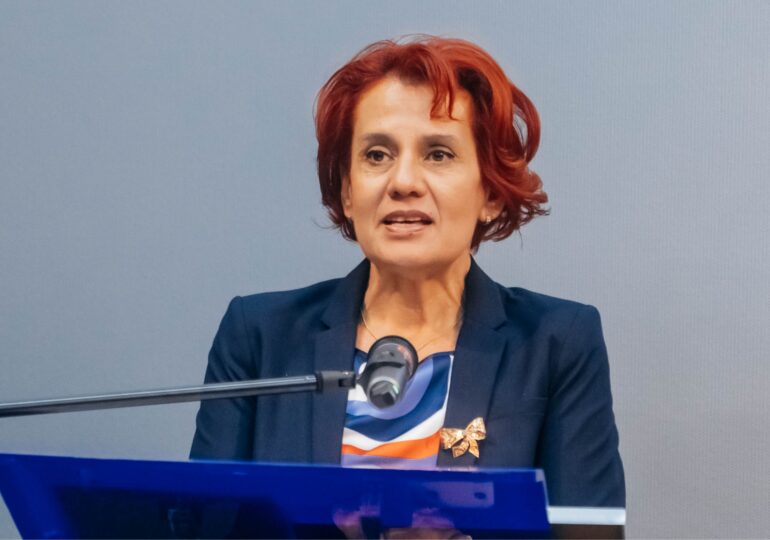The agitation surrounding withdrawal proposals and reactions to them should be strictly viewed through the lens of electoral strategy.
Realistically speaking, even if starting from a correct premise, they would have questionable efficiency, and their sincerity is contradicted by important practical aspects.
Premise
Yes, there is a substantial risk that the presidential final could be played by George Simion and Victor Ponta.
Was it foreseeable since January? Yes, even if not necessarily with these names, because the invalidation of Călin Georgescu and the division of his voting base were predictable.
Voting intentions are not sacks you throw from one trailer to another, and presidential elections are the most personalized.
I was among those who anticipated this risk for a long time, I wrote and talked about it.
The one who miscalculated is precisely the one who is now proposing the withdrawal of candidates.
When he entered the race, Nicușor Dan expressed his belief that this risk does not exist, which is why his candidacy does not bother anyone. It is hygienic to say that he was the one who broke the base of Mrs. Lasconi, who reached the annulled final through tactical voting.
Efficiency
Of course, alliances are desirable, but on the one hand, in order to be effective, they should have been made properly, in advance, giving the electorate time to digest them, not hastily, after weeks of severe attacks.
As I was saying, voting intentions are not bags of potatoes. Withdrawal, just like eliminating a candidate, does not mean that their sympathizers automatically move where they are directed. Many personal elements come into play that can disrupt calculations.
Proof is the fact that George Simion does not fully capitalize on Georgescu's base, Antonescu only partially takes over from Ciolacu, Ciucă, and Bolojan. When Șoșoacă was eliminated, the calculation that her voters would have no choice and would go to Simion was bankrupt, and we saw the results of the error.
Therefore, if Lasconi withdraws, not all of her voters will go to Nicușor Dan, as some simply have an aversion to him. Others could be radicalized by pressures with a bullying tone towards Mrs. Lasconi.
If Crin Antonescu withdraws, liberals could shift towards Nicușor Dan, but the Social Democrats who still follow the party line will all move to Victor Ponta, which would lead to a significant increase in the danger of him reaching the final, where he would probably be the most difficult to beat.
It is hard to believe that ND's withdrawal would benefit Lasconi or Crin Antonescu in any significant way, as polarization has already occurred, there is a lot of resentment.
Those who fear the danger of a problematic final are not in any way obliged not to vote strategically, regardless of how many candidates are on the list. They would rather do so than with their hands tied behind their back by the withdrawal of their candidate, especially after such a campaign of pressures.
How do we determine the best-placed candidate given the discrediting of polls? Each core is convinced that their candidate has the best chance. Each will challenge the results of their opponents.
And money?
Since entering the race, Nicușor Dan has said that for the campaign, he will borrow money that he will reimburse when reimbursed by the budget, as he will certainly obtain at least 3% of the votes, the minimum threshold for expense reimbursement.
In the next two weeks, until the decision on withdrawals is supposed to be made, according to ND, he will make significant campaign expenses. He will be in the fight to position himself best in the polls and become the sole candidate. If, however, he does not succeed in being the first and withdraws, how would he recover the money?
It is evident that Nicușor Dan has thrown an electoral bait to help him capture strategic votes, but for at least the reasons mentioned above, such a move is both belated and not very effective; on the contrary, by irritating the electorate, it may generate adverse reactions.

